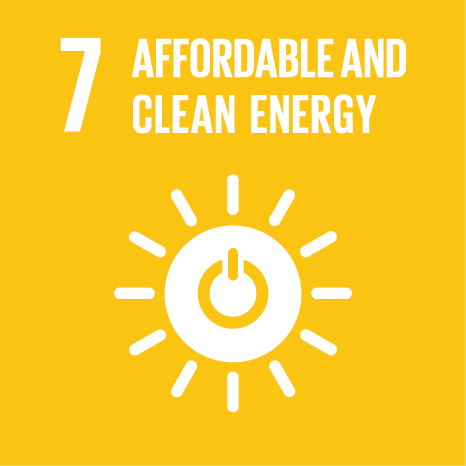Ciência_Iscte
Publications
Publication Detailed Description
Using NIMBY rhetoric as a political resource to negotiate responses to local energy infrastructure: a power line case study
Journal Title
Local Environment
Year (definitive publication)
2020
Language
English
Country
United Kingdom
More Information
Web of Science®
Scopus
Google Scholar
Abstract
Research has shown how the NIMBY explanation for local opposition to energy infrastructures has made its way into the discourses of developers, policy makers, the media and active protesters. However, few studies have explored how community members draw on discourses of NIMBYism to interpret and negotiate responses to local energy proposals. We address this gap drawing on qualitative data from two UK case studies. Analyses show that NIMBY, as a representation of objection, is both widespread and polysemic. Aside from providing a means to talk about space, NIMBY is sometimes rejected by discourses positioning publics as custodians of valued landscapes. In other instances, it is assumed to be a normative and legitimate way for participants to decide what is best for them in a neo-liberal society. The findings reinforce the importance of examining socio-cultural dimensions of social acceptance, specifically representations of community responses to infrastructures as political devices in local siting disputes, and publics as reflexive actors.
Acknowledgements
--
Keywords
NIMBY,Socio-cultural dimensions,Everyday re(-)presentation,‘Regular’ community members,Power lines
Fields of Science and Technology Classification
- Psychology - Social Sciences
- Sociology - Social Sciences
- Social and Economic Geography - Social Sciences
Funding Records
| Funding Reference | Funding Entity |
|---|---|
| SusGrid – Grant No. 207774 | Research Council of Norway |
| SFRH/BPD/96061/2013 | Fundação para a Ciência e a Tecnologia |
Contributions to the Sustainable Development Goals of the United Nations
With the objective to increase the research activity directed towards the achievement of the United Nations 2030 Sustainable Development Goals, the possibility of associating scientific publications with the Sustainable Development Goals is now available in Ciência_Iscte. These are the Sustainable Development Goals identified by the author(s) for this publication. For more detailed information on the Sustainable Development Goals, click here.

 Português
Português




